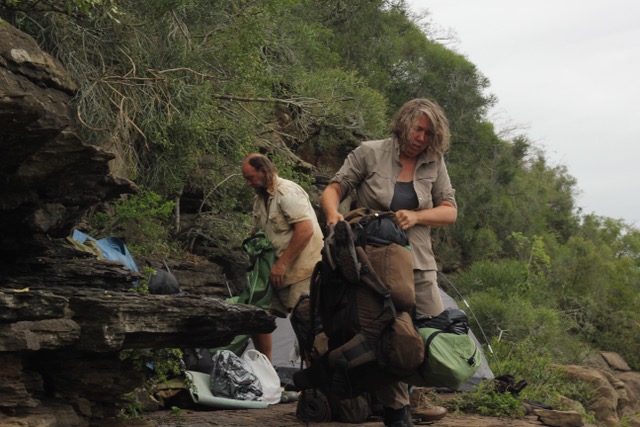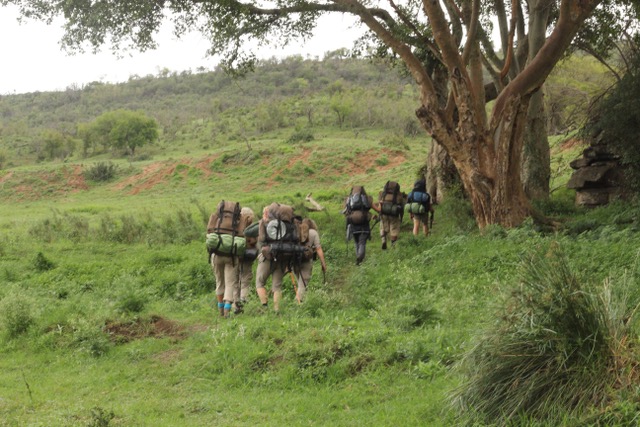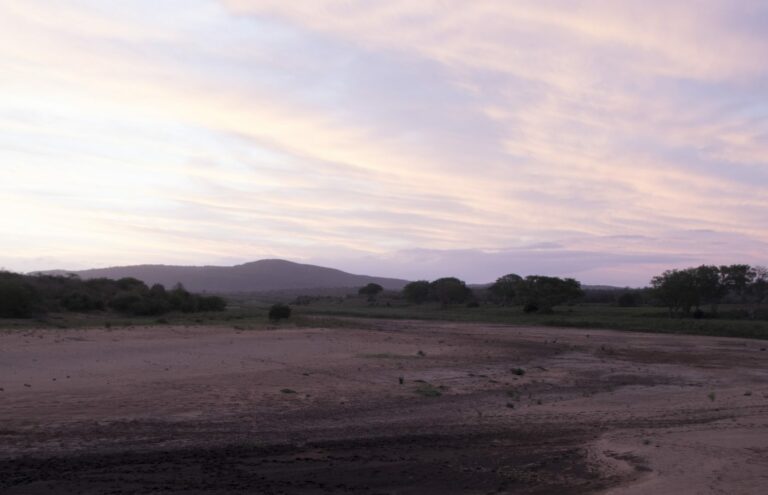Marie-José van Hoof – Umfolozi, South Africa
Marie-José is a child psychiatrist, married and mother of two daughters and two sons. In 2019 she obtained her PhD at the University of Leiden. She has a thriving practice (iMindU) with a team of passionate (child and youth) psychologists/psychiatrists, occupational therapists and other specialists. She likes complex challenges. ‘My mother said when I was still a primary school child: you always look for the hardest way.’ This includes a strong drive to act on gaps or difficulties she sees and to build bridges. In her work as a (child and youth) psychiatrist specializing in child abuse, neglect and sexual abuse, that drive comes into its own.
Marie-José: “About five years ago, a number of things came together that necessitated a different course. 24 hours in a day was not enough for me. My job as a psychiatrist no longer gave me satisfaction, I wanted a place with passion and positive energy. My PhD research was stuck. In addition, there was the settlement of the estate of my parents who died shortly after each other with a business that had to be continued and of course the associated mourning process and informal care of an aunt. At home I had growing children who also needed attention.”


“When Bernet Elzinga, facilitator at FNL, asked me to come along on a wilderness trail, I immediately felt that this could be something for me. I had an elephant to take away. And: Quo vadis? Where was I going?” That was the question Marie-José asked herself when she went on a trail with a group of women to Umfolozi, South Africa. “I knew deep down that I had something to do, but I was still completely unclear what that looked like.”
“Who is going to walk unprotected between the Big Five with four children at home? I wondered when it seemed as if a lion could jump out of every bush. Soom trust was established, it was a nice group of women where she felt safe and where similar themes appeared to play. The local guides also contributed to that feeling. “Two South African men who know the laws of nature and knew exactly how to act.”
Barely over the cattle grid of Umfulozi Park, an elephant welcomed the group and moments later another huge male elephant who was unexpectedly quickly joined by a large herd of female elephants with young. A first symbolic insight. ‘For me, that herd of elephants symbolized the burden I carried with me and the heaviness I had to carry.’
The nature in Umfulozi was overwhelming and at the same time it felt peaceful for Marie-José. “There I realised that it must have always been this way. In my opinion, it also brought me back to my own origin.”
An important part of the African trails is the ‘nightwatch’. The participants take turns keeping watch at the campfire at night. The group can then rest and it’s your job to keep the campfire going and scan the area every five minutes with a strong flashlight.


“During my last night watch, a curious group of about ten hyenas appeared to have come close. Following previous instructions, I remained completely calm and woke up the guide with ‘Ian, predators’. He knew exactly what to do. Verbally and non-verbally he made it clear that this was our territory and that the pack of hyenas better leave. They did so – silently -, the non-violent message was apparently crystal clear. It was an important confirmation for me that calmness is the best way to deal with tense situations. In technical jargon, that calm physical presence from which leadership and strength arise is also called ’embodied presence’, in this case it was even a form of ‘non-violent resistance’. A story that I also regularly share with my patients to help them with their stress from a different perspective.”
After the trail a number of puzzle pieces fell into place. “I realised that if I could stand up to hyenas, my PhD research could also be smoothed out and so it happened. Five weeks after the trail I founded my practice iMindU, which means that I now really do what my heart and mind tell me.”
An important insight for Marie-José is that she can be more assertive at times. “I have learned through the trail to stay calm in challenging stressful that I can now deal with better. I have also become aware that I also attract that elephant myself, those 24 hours a day are still too short for me.”
“For me, the elephant symbolizes complexity and heaviness. At the same time, I also embrace him, because complexity is what challenges me and where I can make a difference for people with my baggage and talents.”
A beautiful painting of an elephant that she brought from South Africa now has a prominent place on the wall of her office at the Rapenburg in Leiden.


“The nature was overwhelming and at the same time felt peaceful. It also brought me back to my own origins”
Marie-José about the Wilderness Trail in Umfolozi, South Africa
